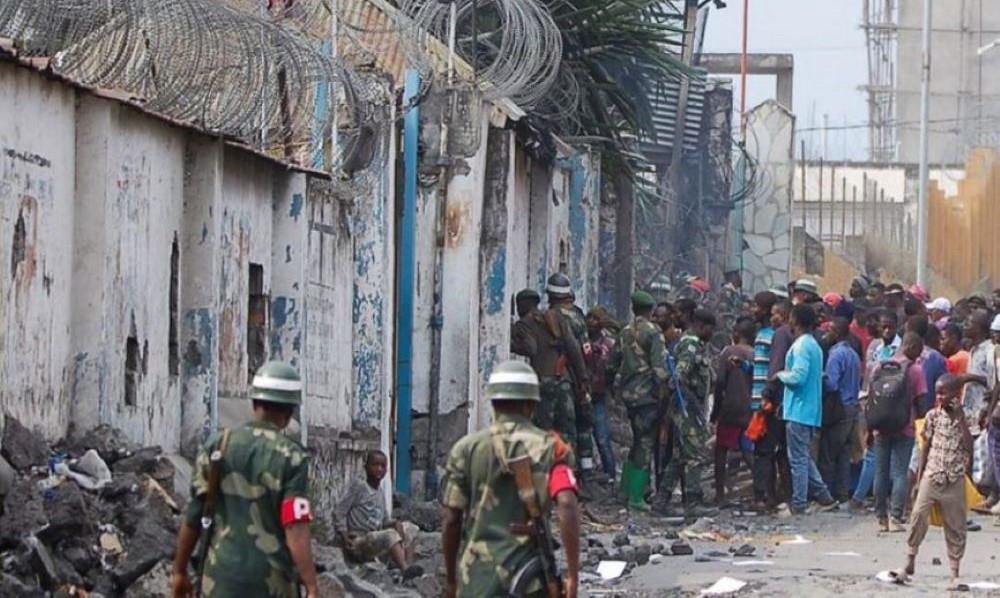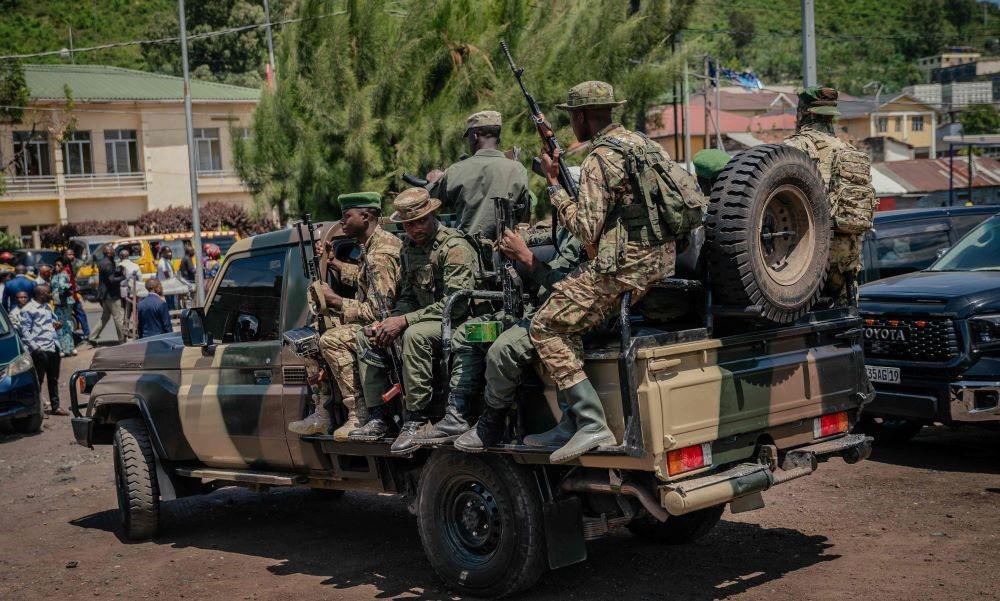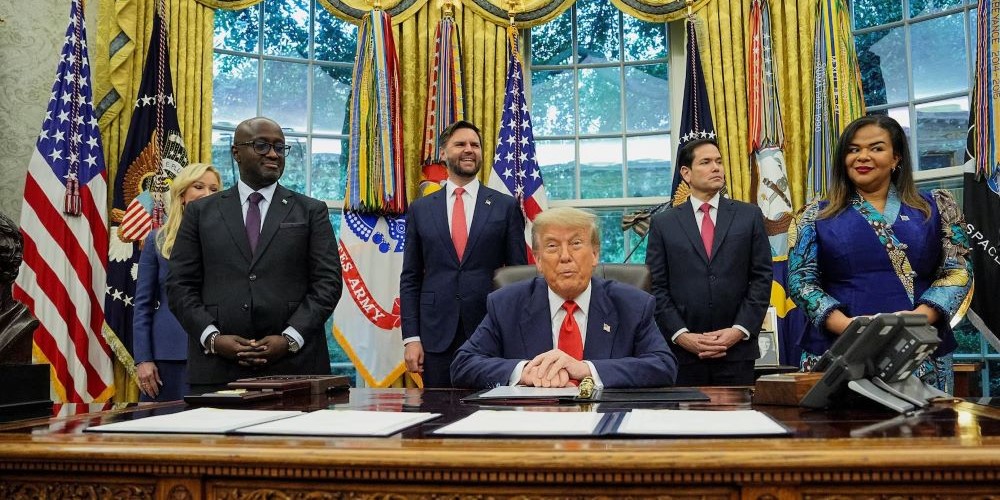Rwanda and the Democratic Republic of Congo (DRC) have agreed to start implementing security measures under a U.S.-mediated deal next month, the countries said in a joint statement, in what would be a key step toward carrying out the peace agreement amid concerns over lack of progress.
The agreement, reached in a meeting in Washington on September 17-18, 2025, would see implementation begin on October 1, according to the joint statement, which was also issued by the United States, Qatar, Togo and the African Union Commission.
The countries agreed to complete the measures by the end of the year, sources familiar with the matter said. Operations to eliminate the threat from Congo-based armed group Democratic Forces for the Liberation of Rwanda (FDLR) will begin between October 21 and 31, according to the sources.
The timeline offers specific dates for Rwanda and DRC to carry out the peace plan amid concerns it has faced headwinds.
The Congolese and Rwandan foreign ministers signed a peace deal in Washington on June 27 and met that same day with U.S. President Donald Trump, who is keen to draw billions of dollars of Western investment to a region rich in tantalum, gold, cobalt, copper, lithium and other minerals.
The deal included a pledge to implement a 2024 agreement that said Rwanda would lift defensive measures within 90 days.
Congolese military operations targeting the FDLR, a DRC-based armed group that includes remnants of Rwanda’s former army and militias that carried out the 1994 Genocide against the Tutsi are meant to conclude over the same timeframe.
At the September meeting in Washington, DRC and Rwanda negotiated an operational order to advance that 2024 agreement and agreed to begin implementation on October 1, 2025.

The members of the joint security coordination mechanism also exchanged intelligence to establish an understanding of the situation on the ground, which was then used to develop a phased approach for the neutralization of the FDLR as well as the disengagement of forces and lifting of defensive measures by Rwanda.
Internal meeting notes highlight the long-standing disagreements that have complicated repeated efforts to bring peace to a region riven by conflict for three decades.
The September meeting at the U.S. State Department was repeatedly bogged down in disputes over the nature of M23 and Rwanda’s relationship to it, according to the internal report.
Rwanda has long denied backing the group and says its forces act in self-defense against groups including the FDLR. And while the Congolese delegation said neutralizing the FDLR required coordinated action, Kigali says it is Kinshasa’s responsibility.
At the 80th United Nations General Assembly in New York, Rwanda’s Minister of Foreign Affairs and Cooperation, Ambassador Olivier Nduhungirehe, delivered a firm call to the international community to act early against hate speech and atrocities in the Great Lakes Region.

Meanwhile DRC is also participating in direct peace talks with M23 hosted by Qatar, though the two sides missed an August 18 deadline to reach a peace agreement.
Rwanda and DRC also have yet to set a date for heads of state to travel to Washington amid lack of progress in Doha. The leaders are expected to sign a regional economic integration framework in Washington.
A final negotiation session on the framework is expected soon, according to sources.
